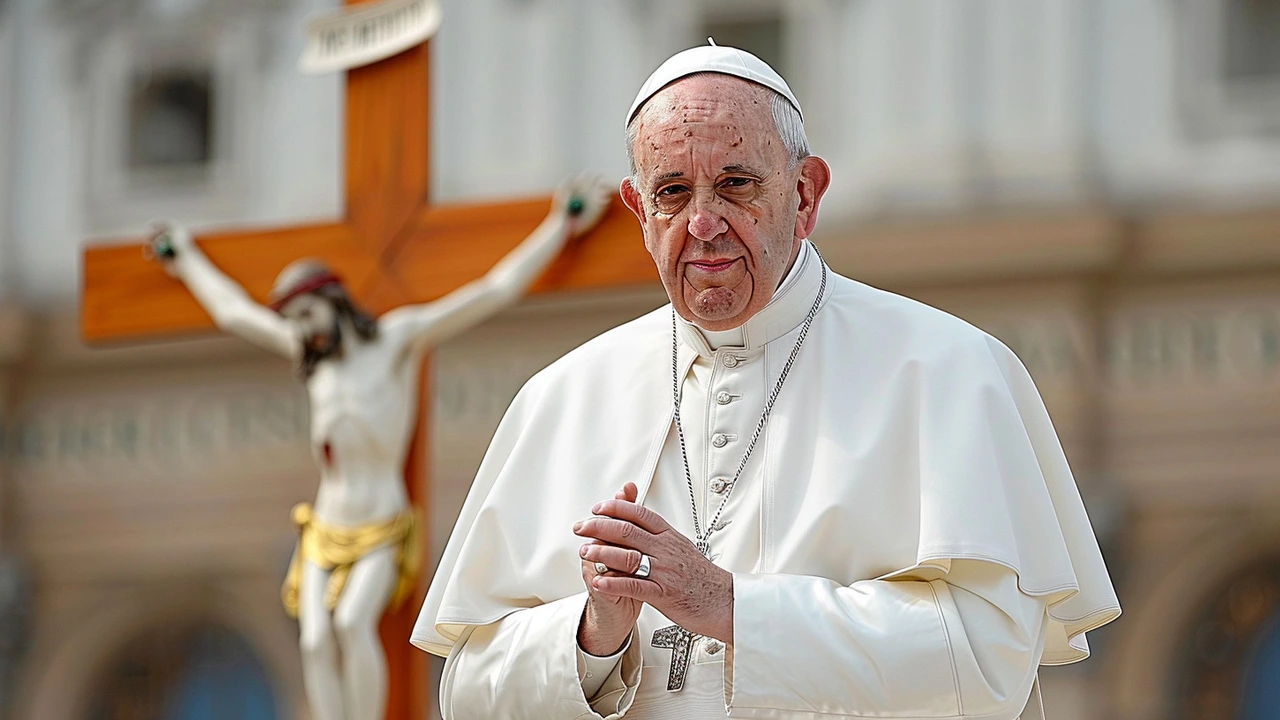Understanding AI Ethics: What You Need to Know
Artificial Intelligence (AI) is everywhere now — from your phone’s voice assistant to big business decisions. But how do we make sure AI acts in ways that are fair and safe for everyone? That’s where AI ethics comes in. It’s all about guiding how AI tools should behave, making sure they don’t harm people or society.
Think about it like this: AI systems learn from data, but if that data is biased or incomplete, the results might be unfair. For example, an AI that screens job applications could favor one group over another if not carefully designed. With AI ethics, developers focus on avoiding these biases and making systems transparent so users understand how decisions are made.
Why Does AI Ethics Matter Now?
We’re relying on AI more every day, which means mistakes or misuse can impact many people quickly. Think about self-driving cars or AI in healthcare; if not handled responsibly, errors could endanger lives. Ethical AI makes sure these smart tools respect privacy, avoid discrimination, and keep people’s best interests in mind.
More companies and governments are setting rules and standards to keep AI grounded in human values. As a user, knowing about AI ethics helps you ask the right questions and stay aware of how AI shapes your world. Ready to explore more about AI’s impact? You’re not alone. Understanding AI ethics is the first step to making smarter, fairer tech choices.
Pope Francis to Engage with Global Leaders at G7 Summit: Addressing Ethical AI Concerns
In a historic move, Pope Francis will attend the G7 summit in Italy's Borgo Egnazia to discuss the ethical implications of artificial intelligence. This marks the first time a pope has participated in G7 discussions. He will also have bilateral meetings with leaders such as U.S. President Joe Biden, Ukraine's Volodymyr Zelenskiy, and France's Emmanuel Macron, among others.

